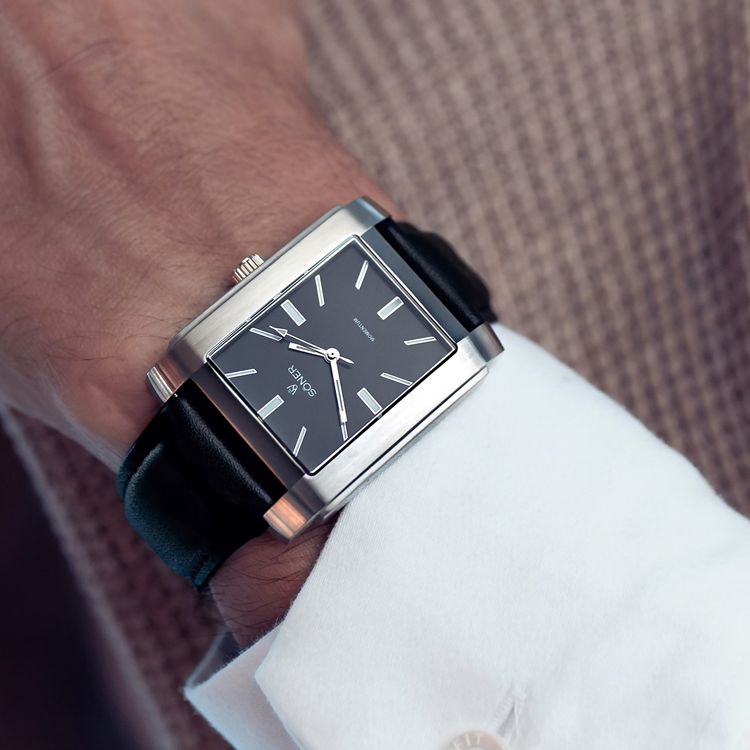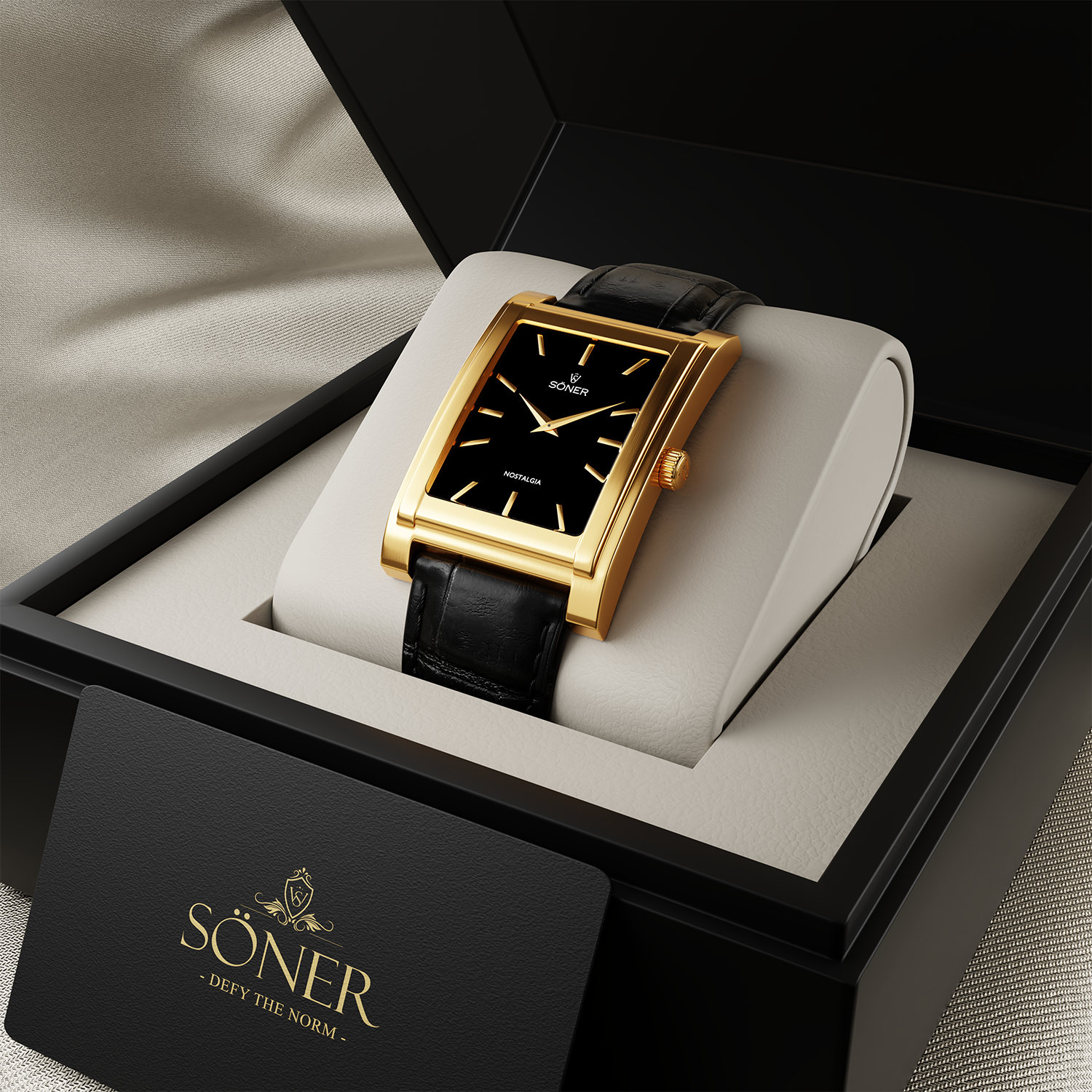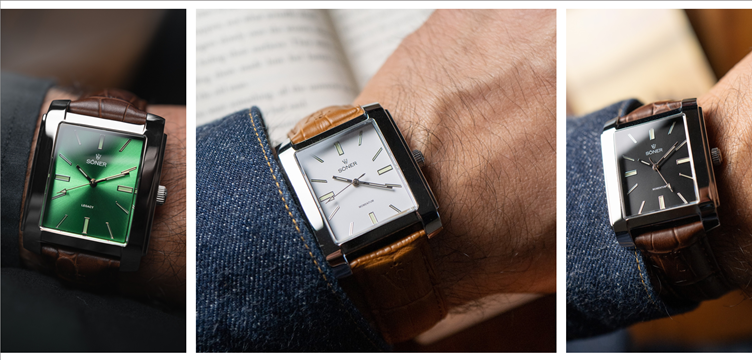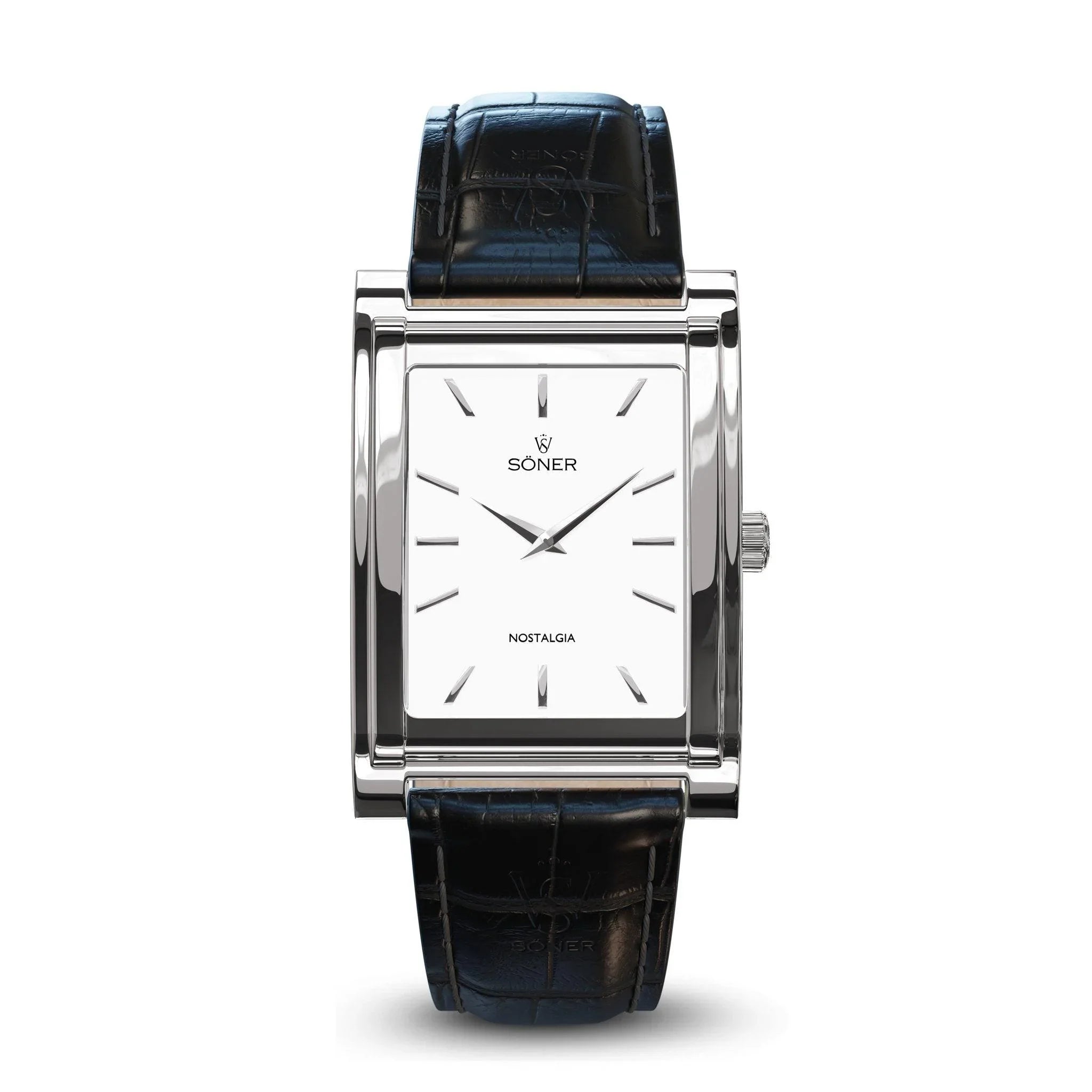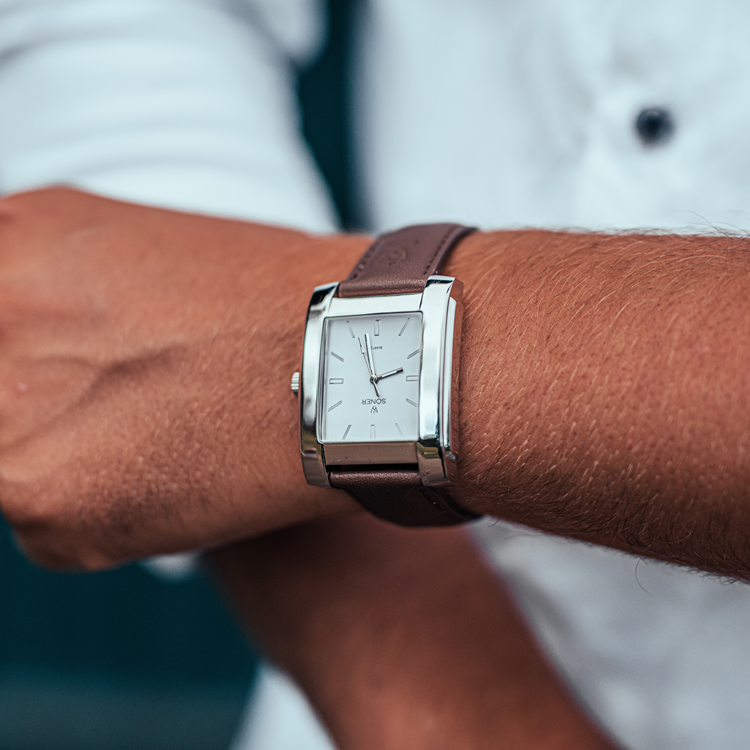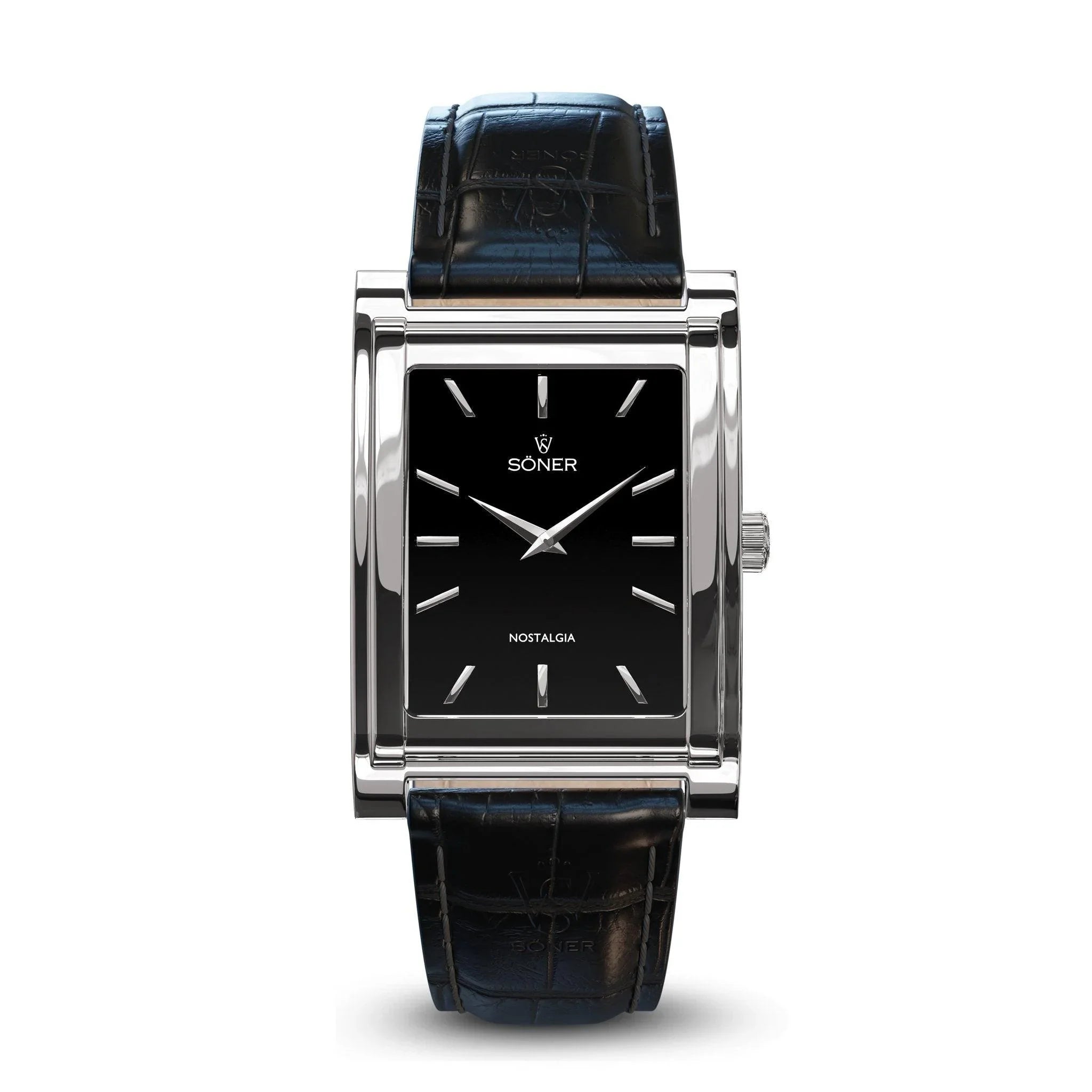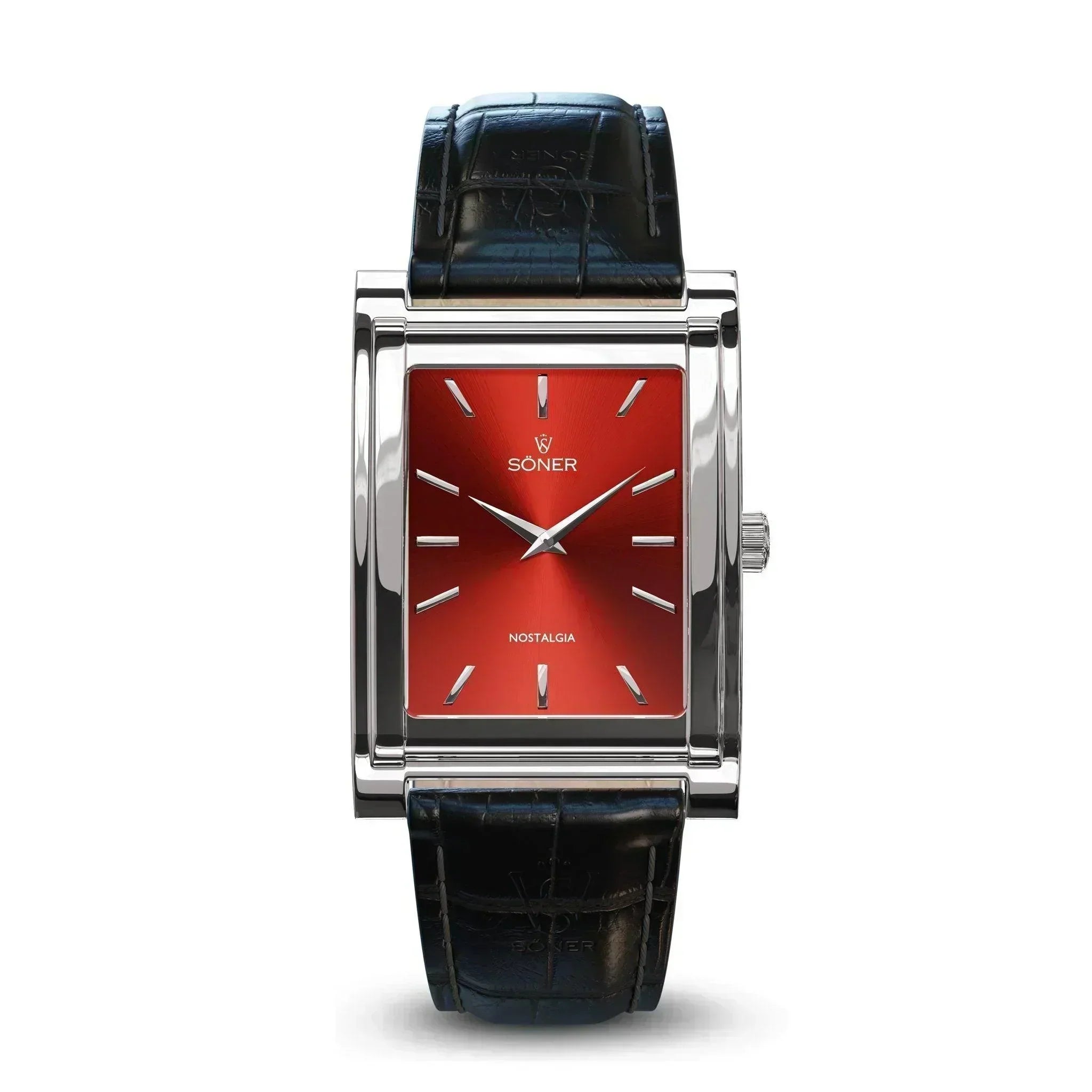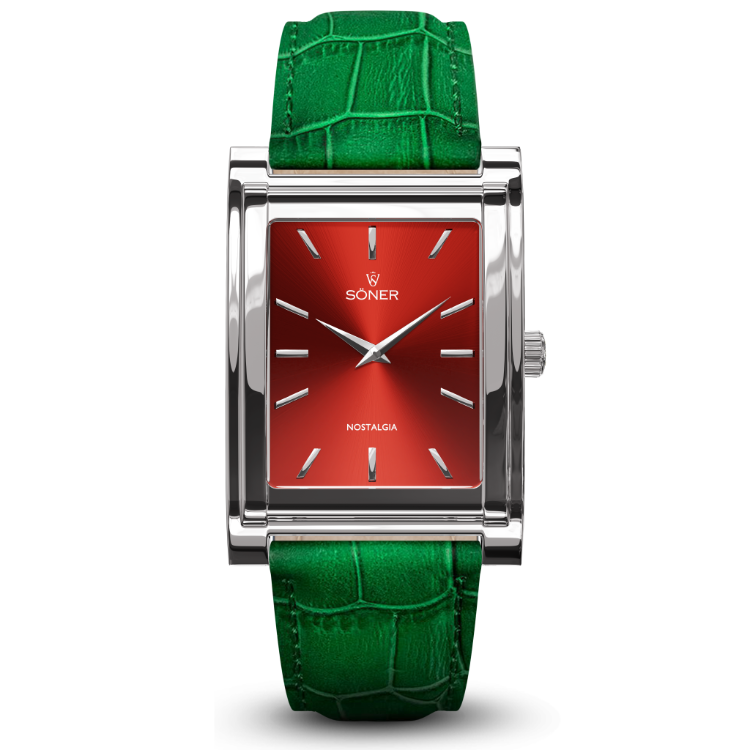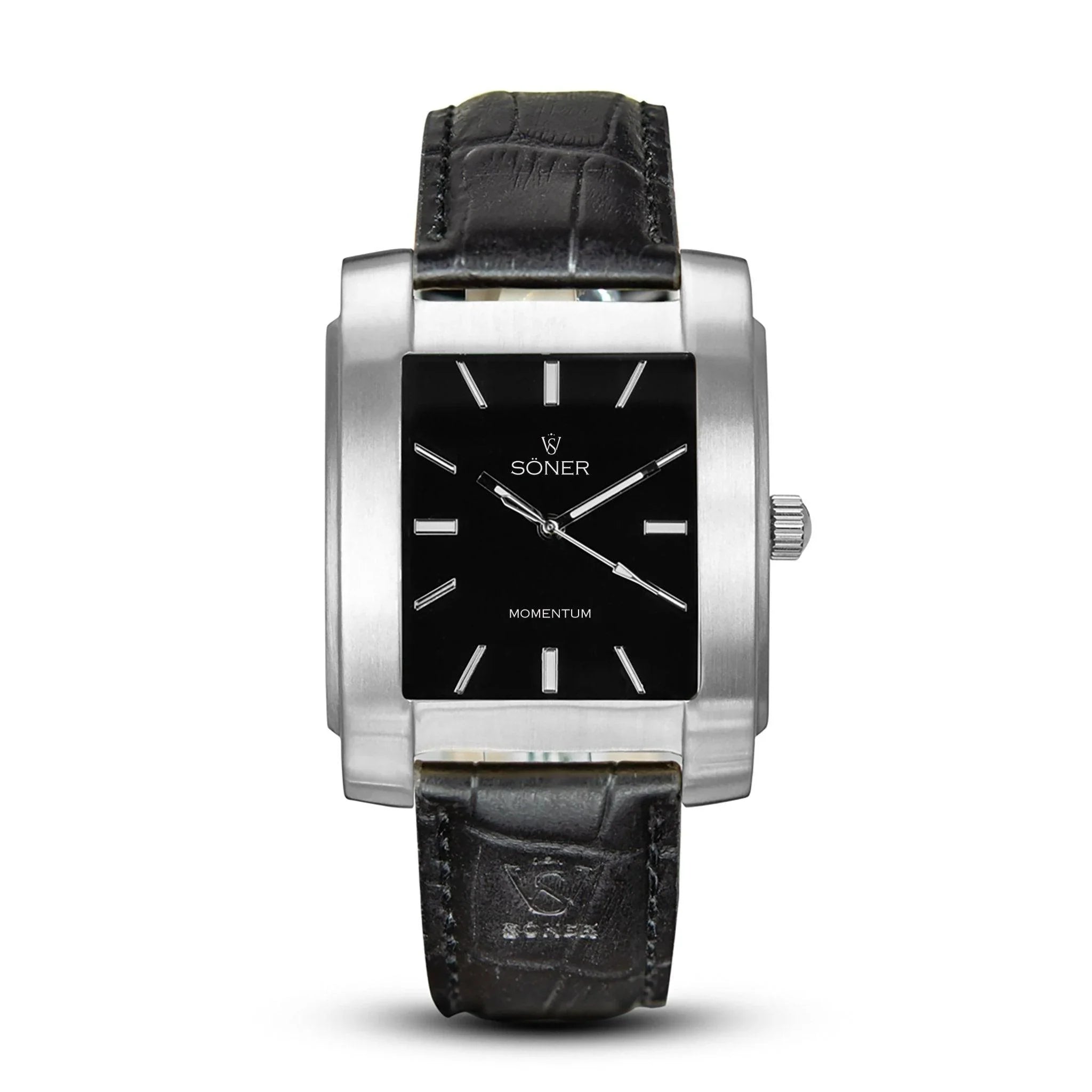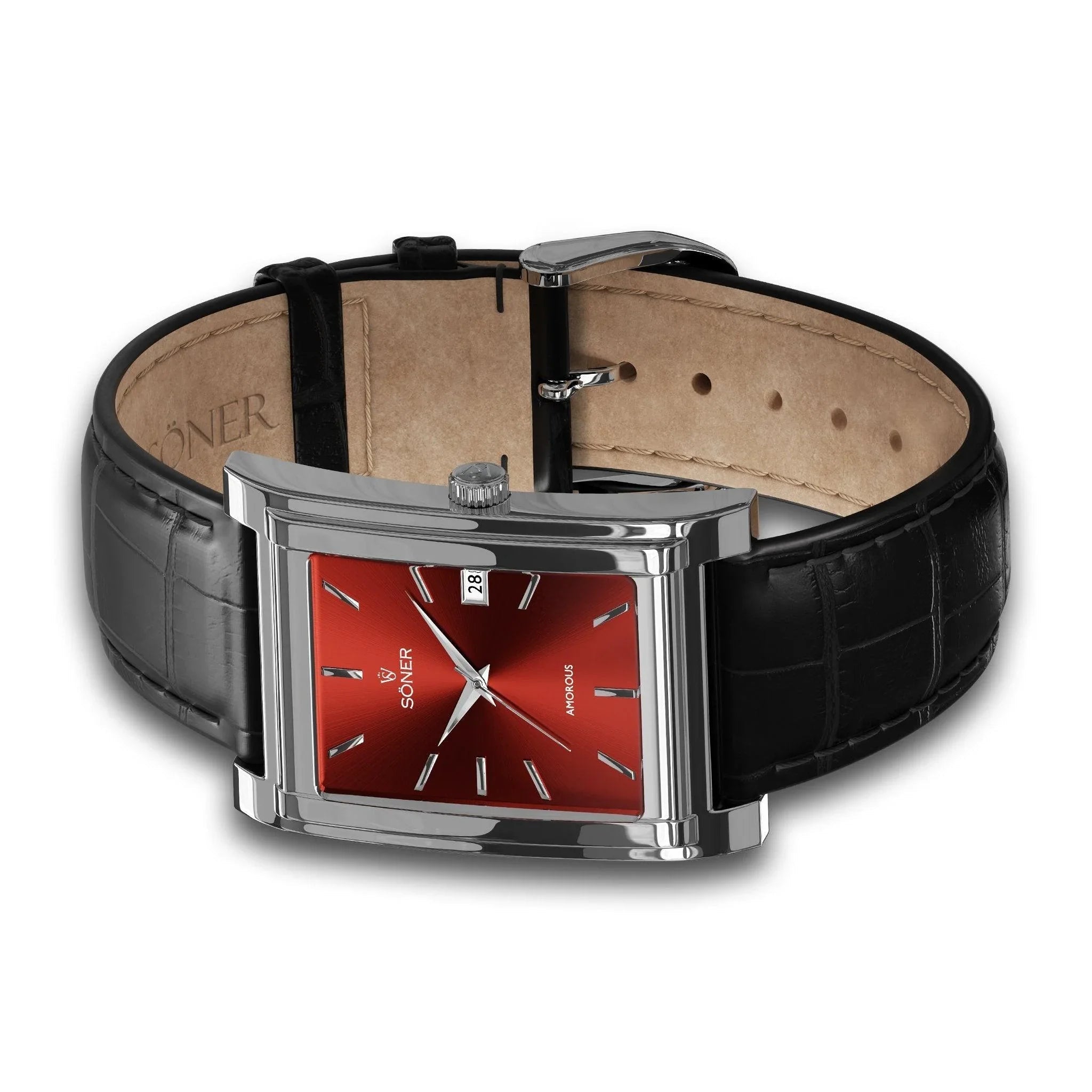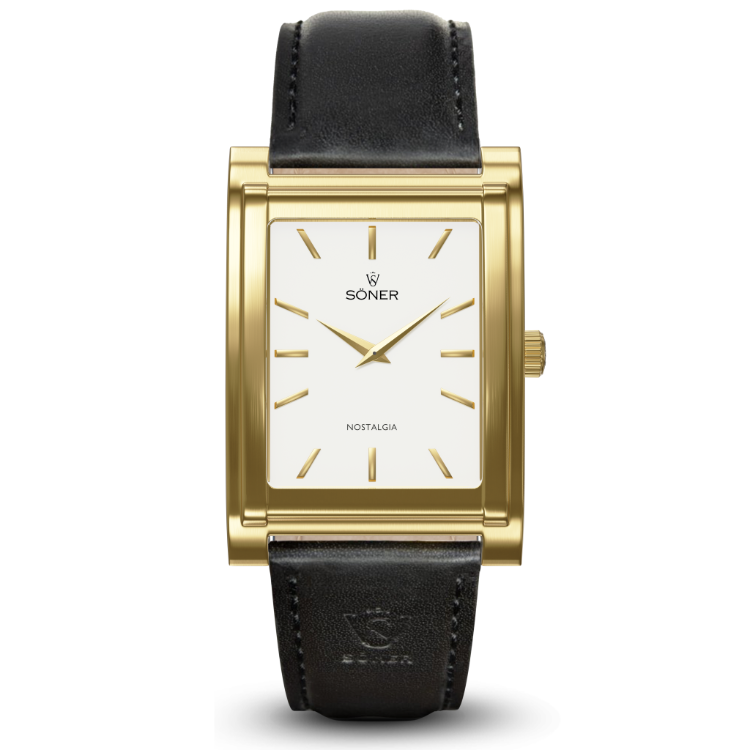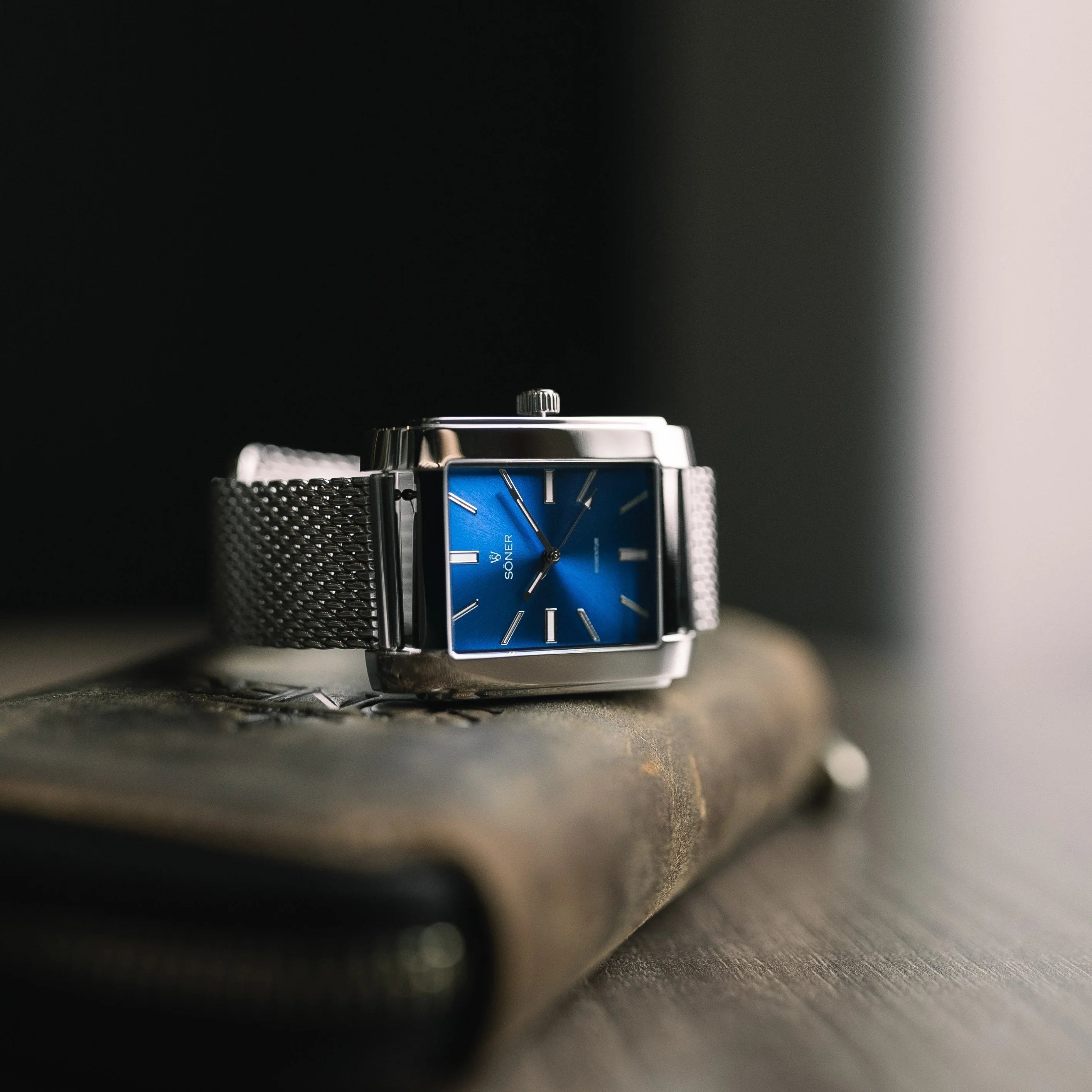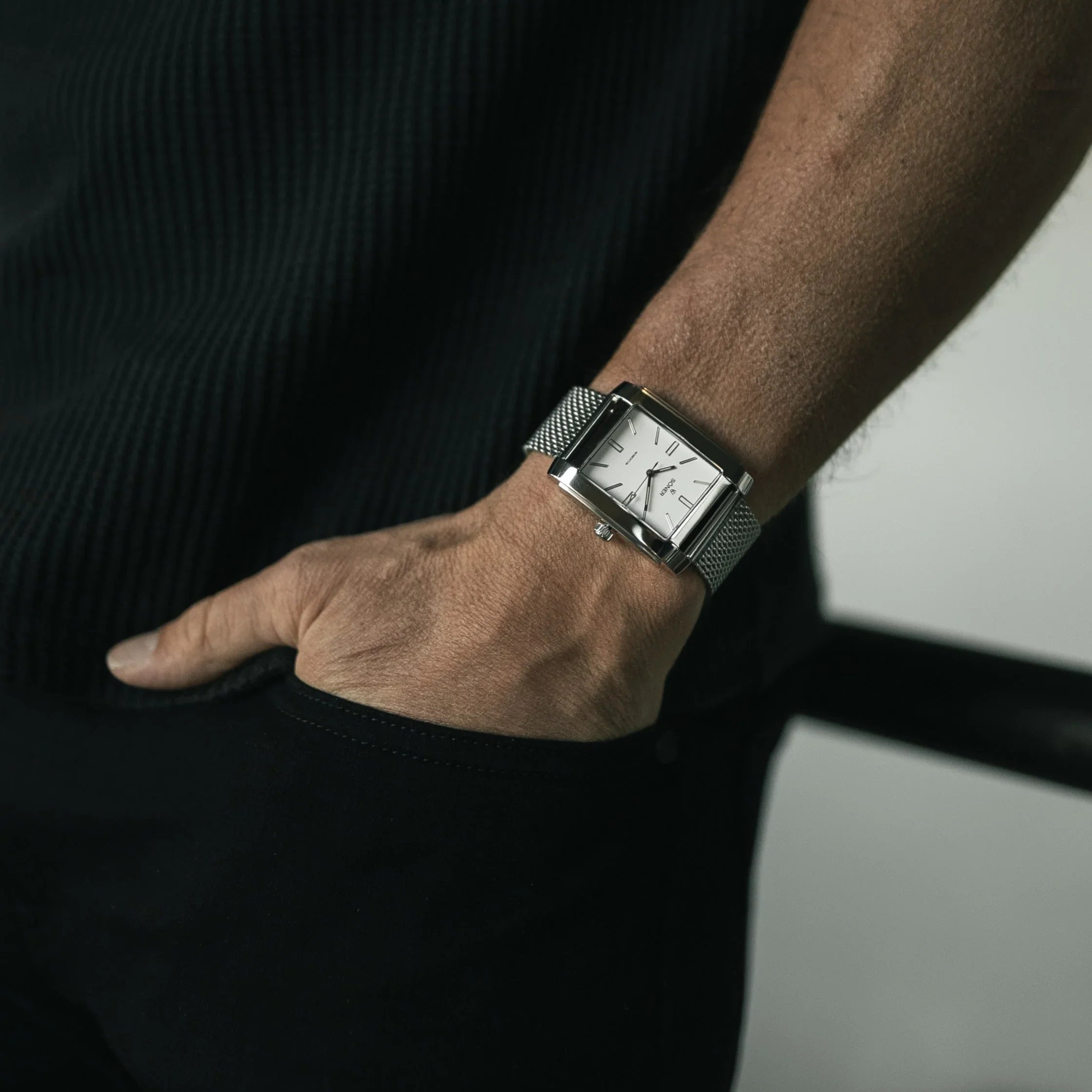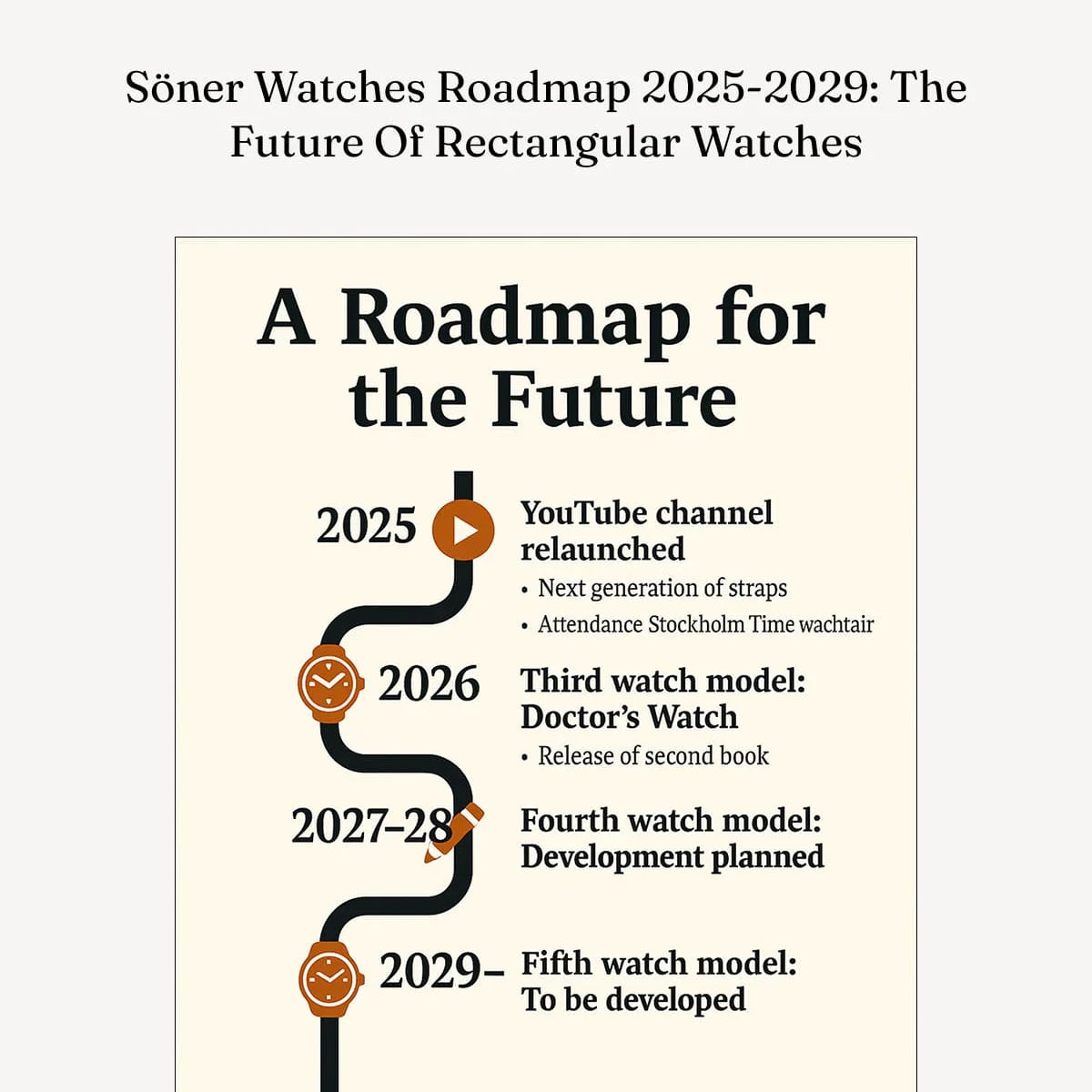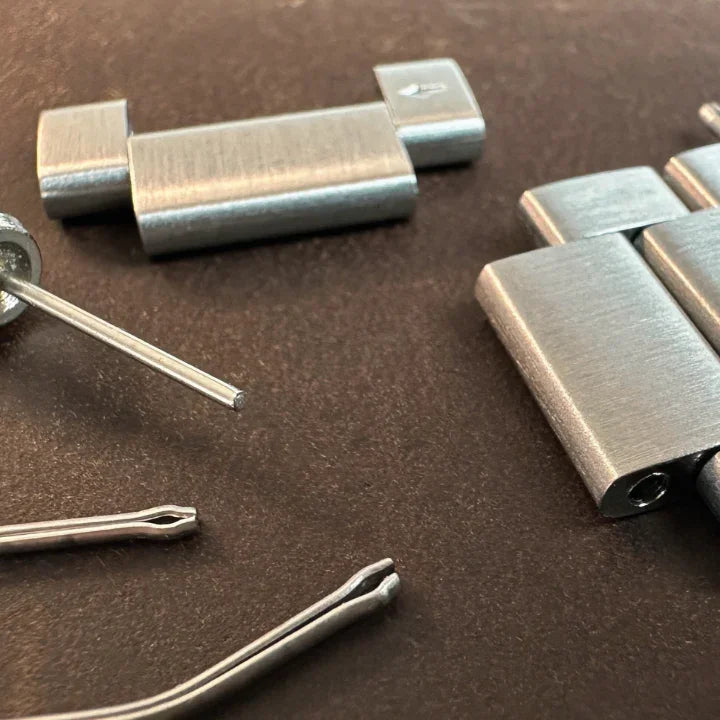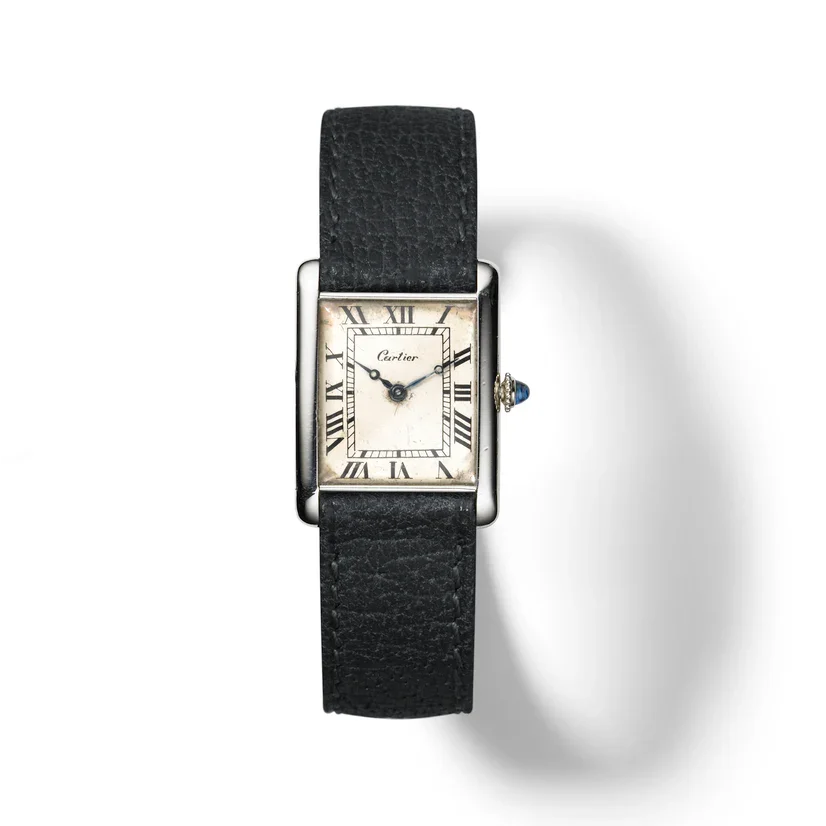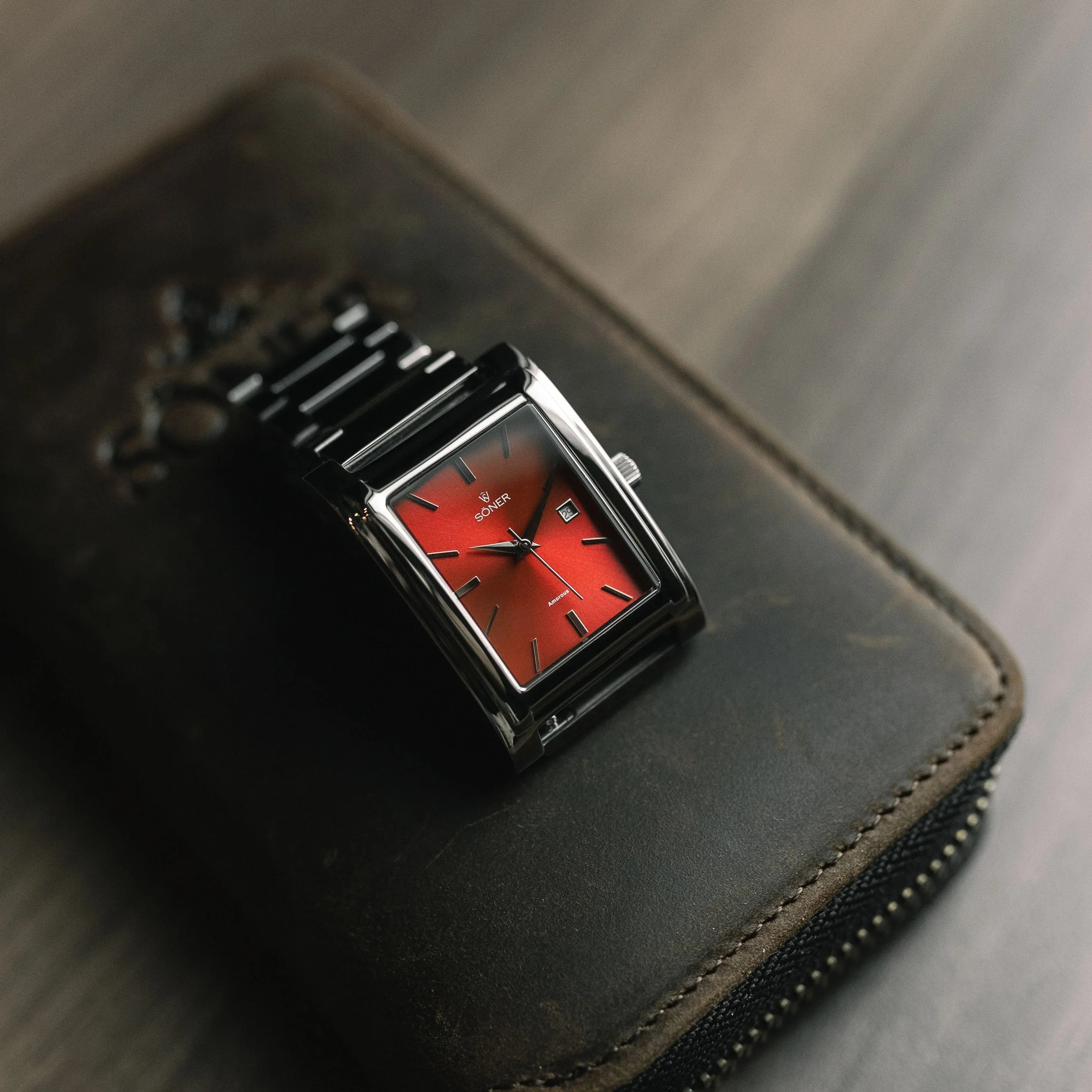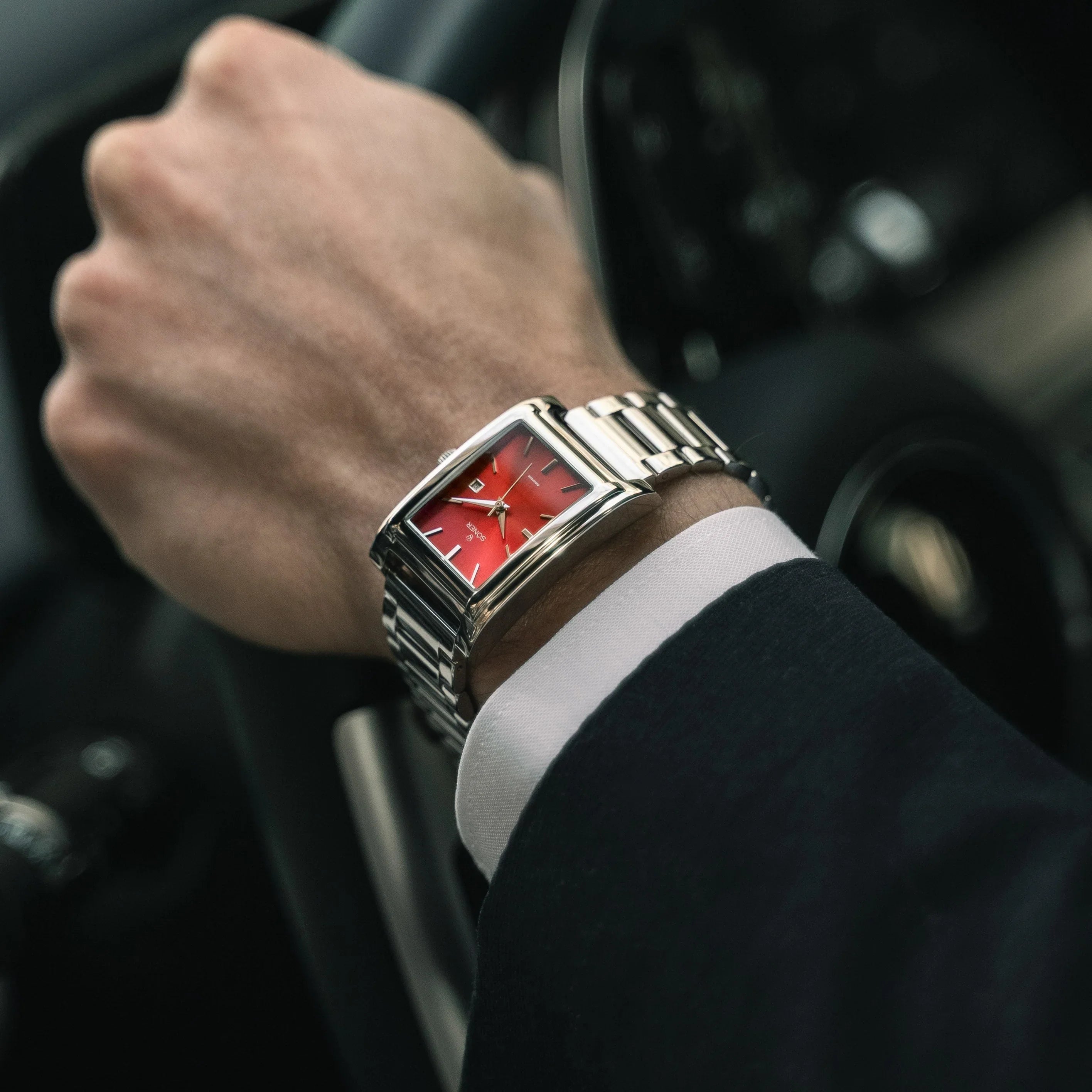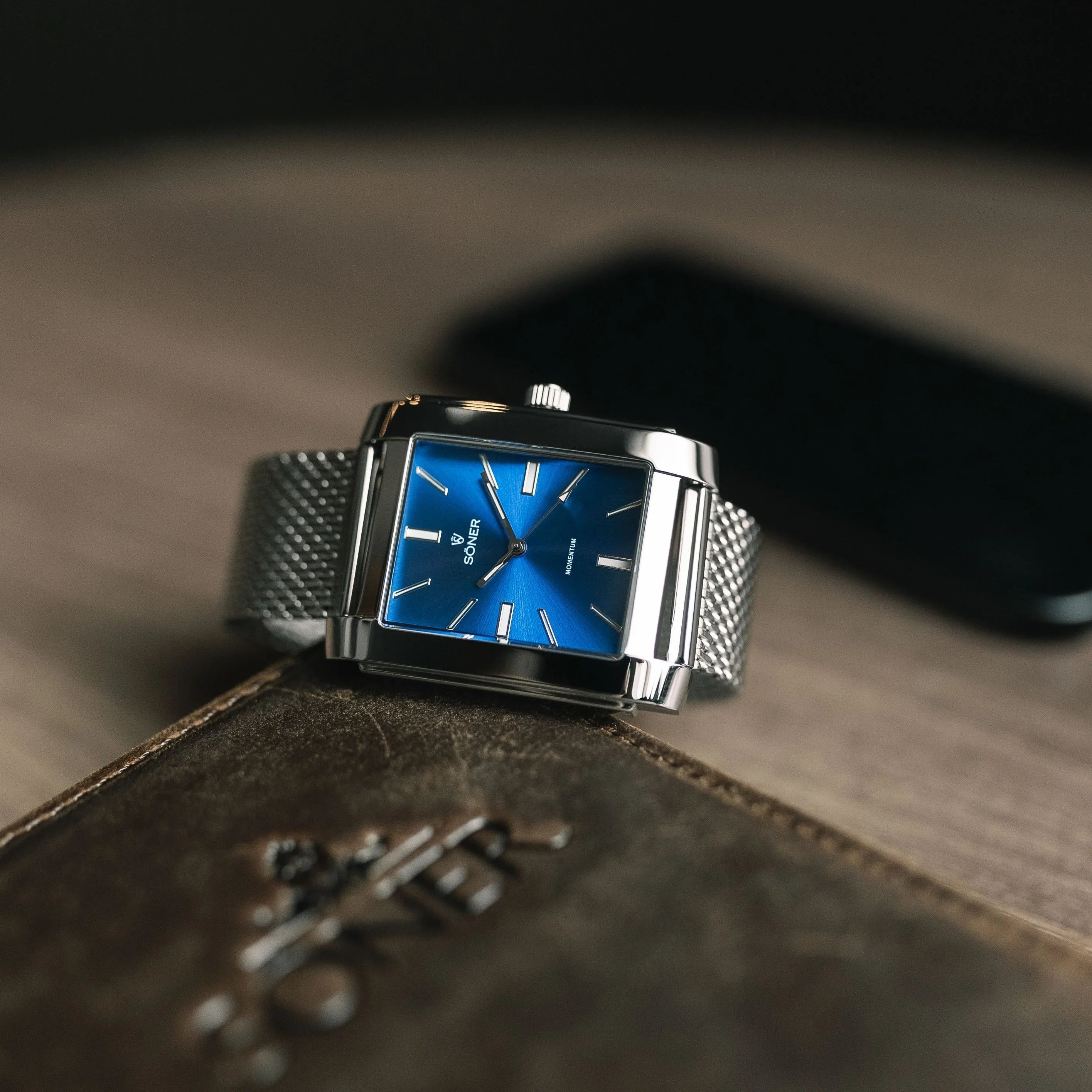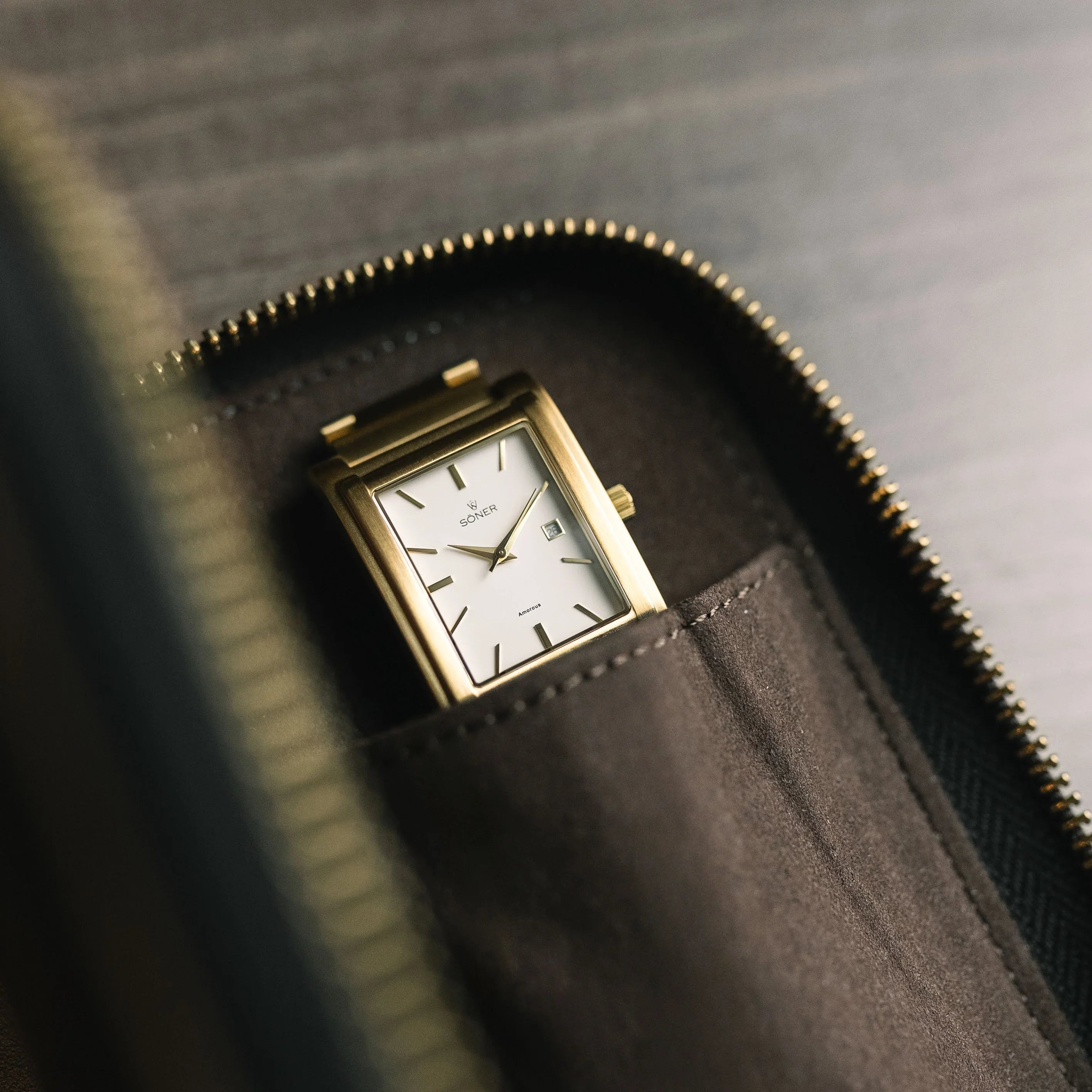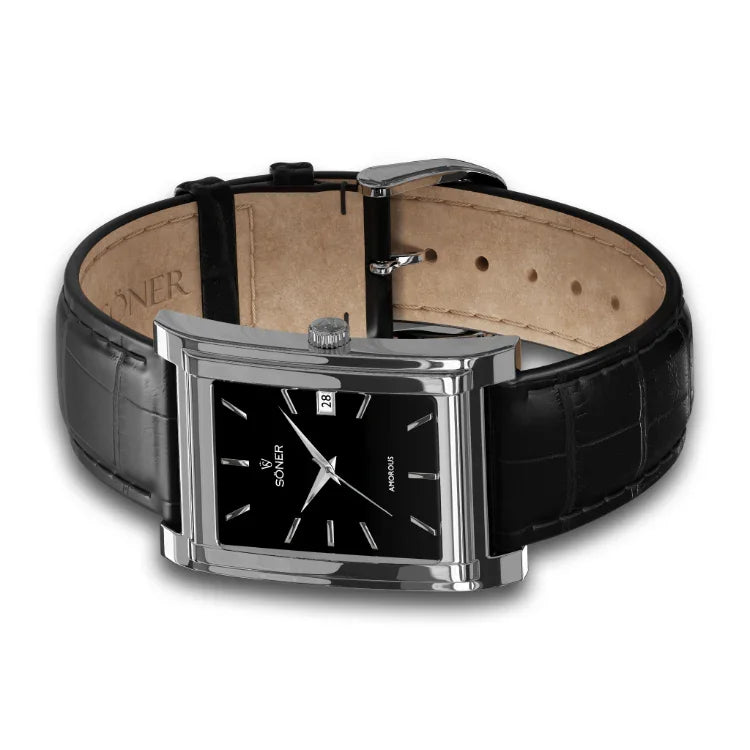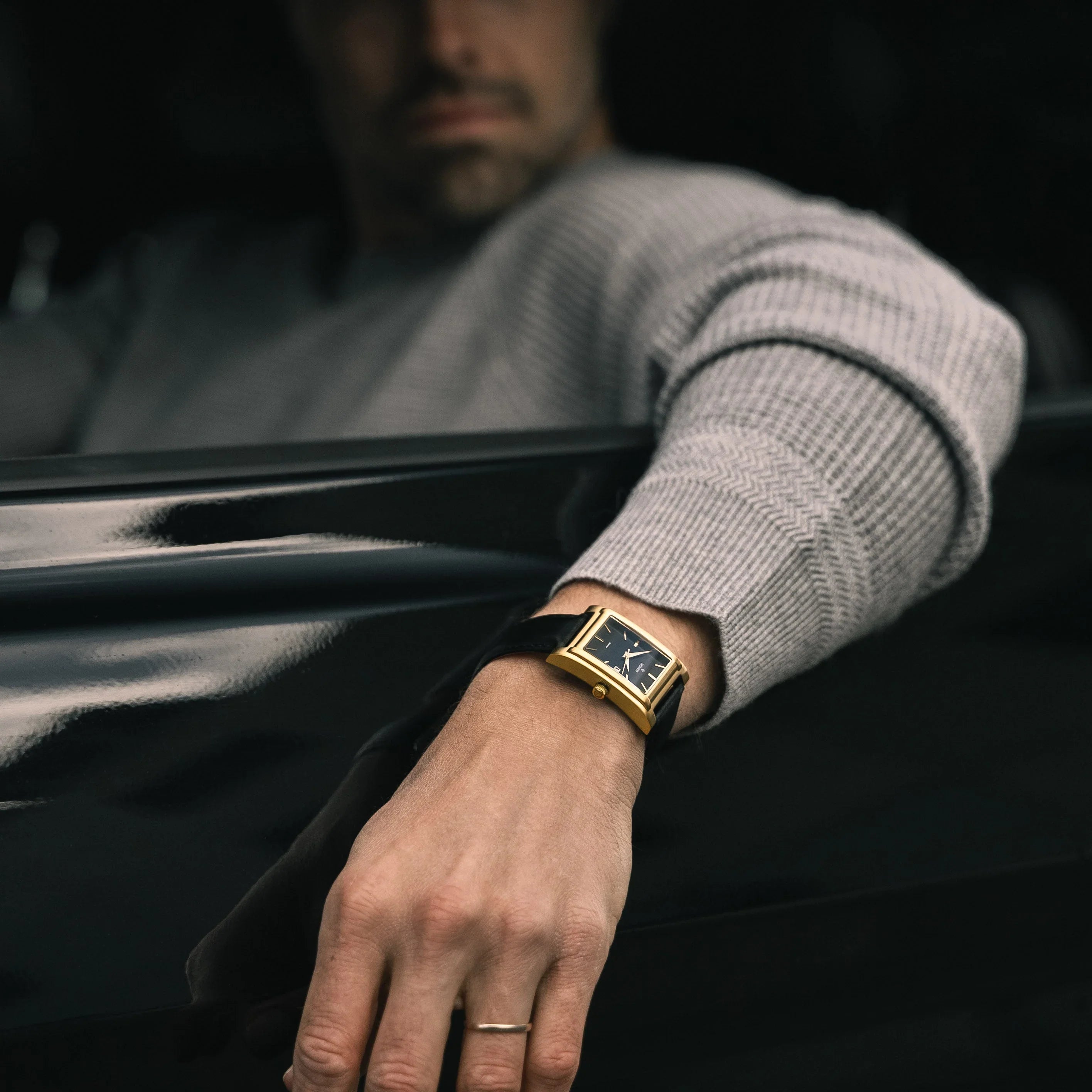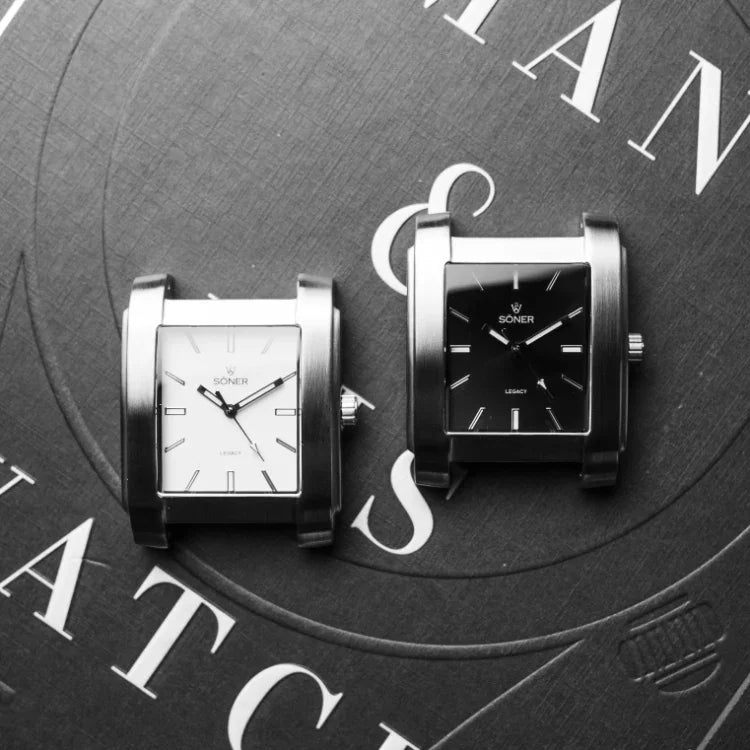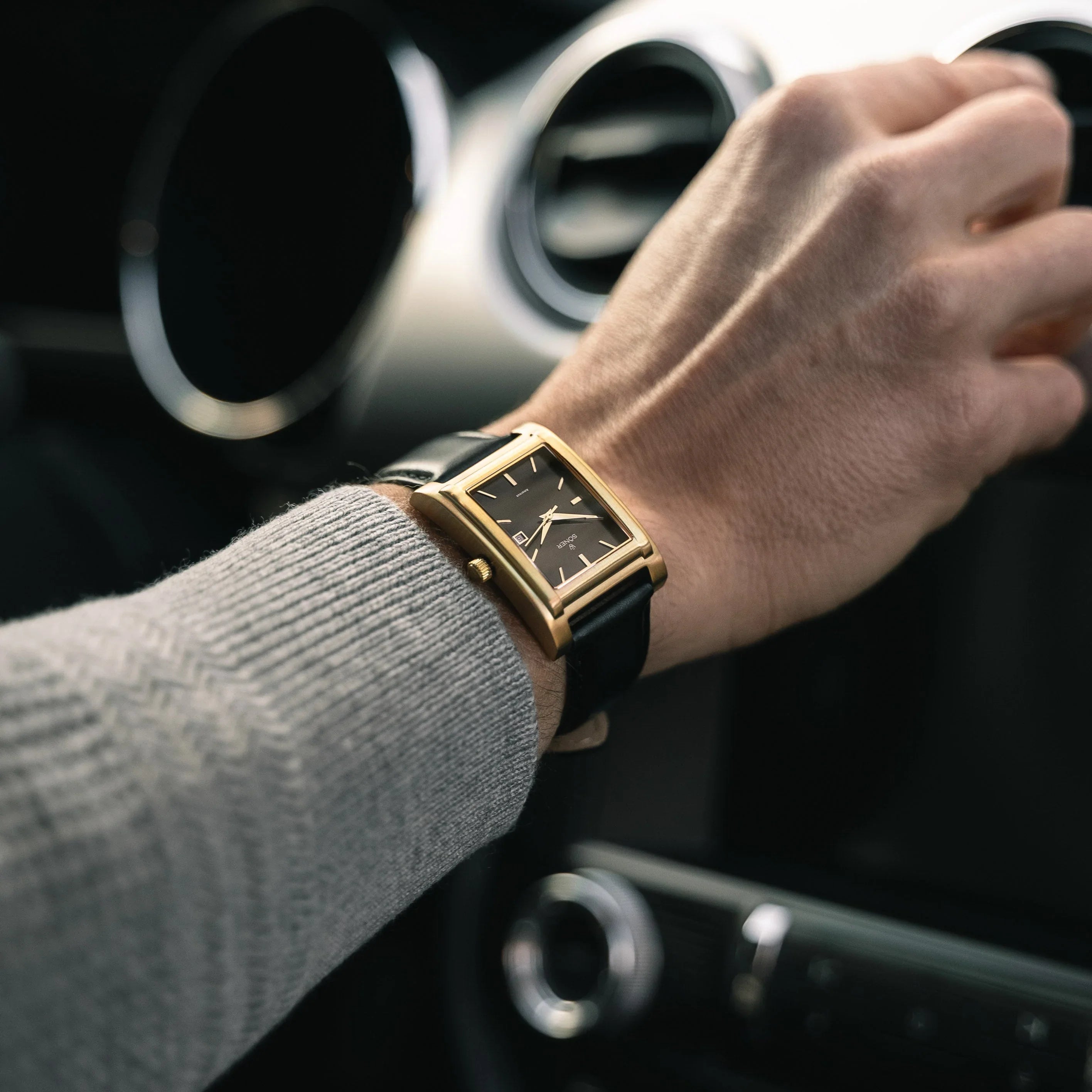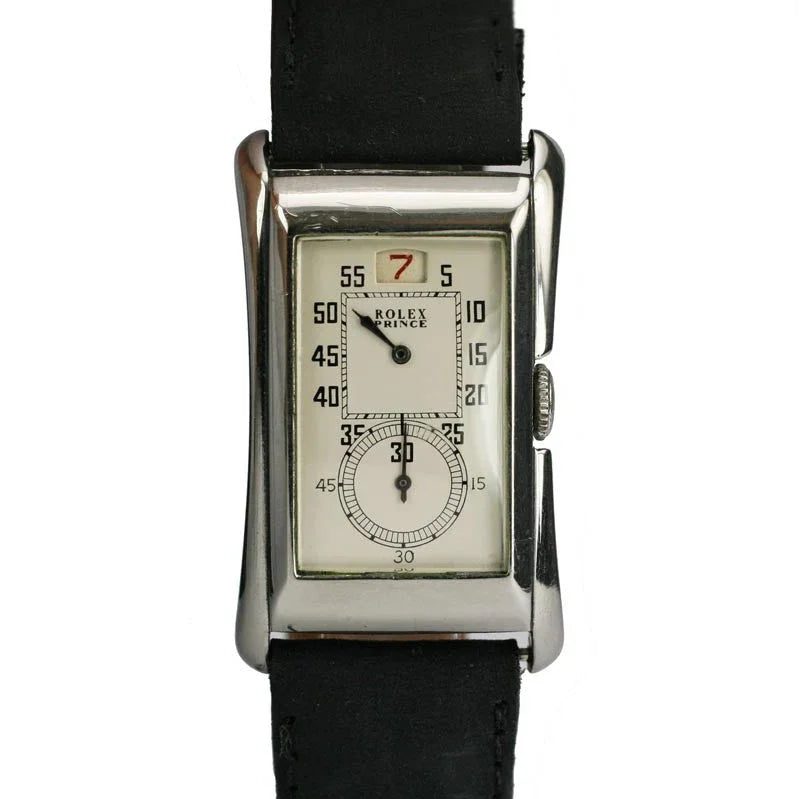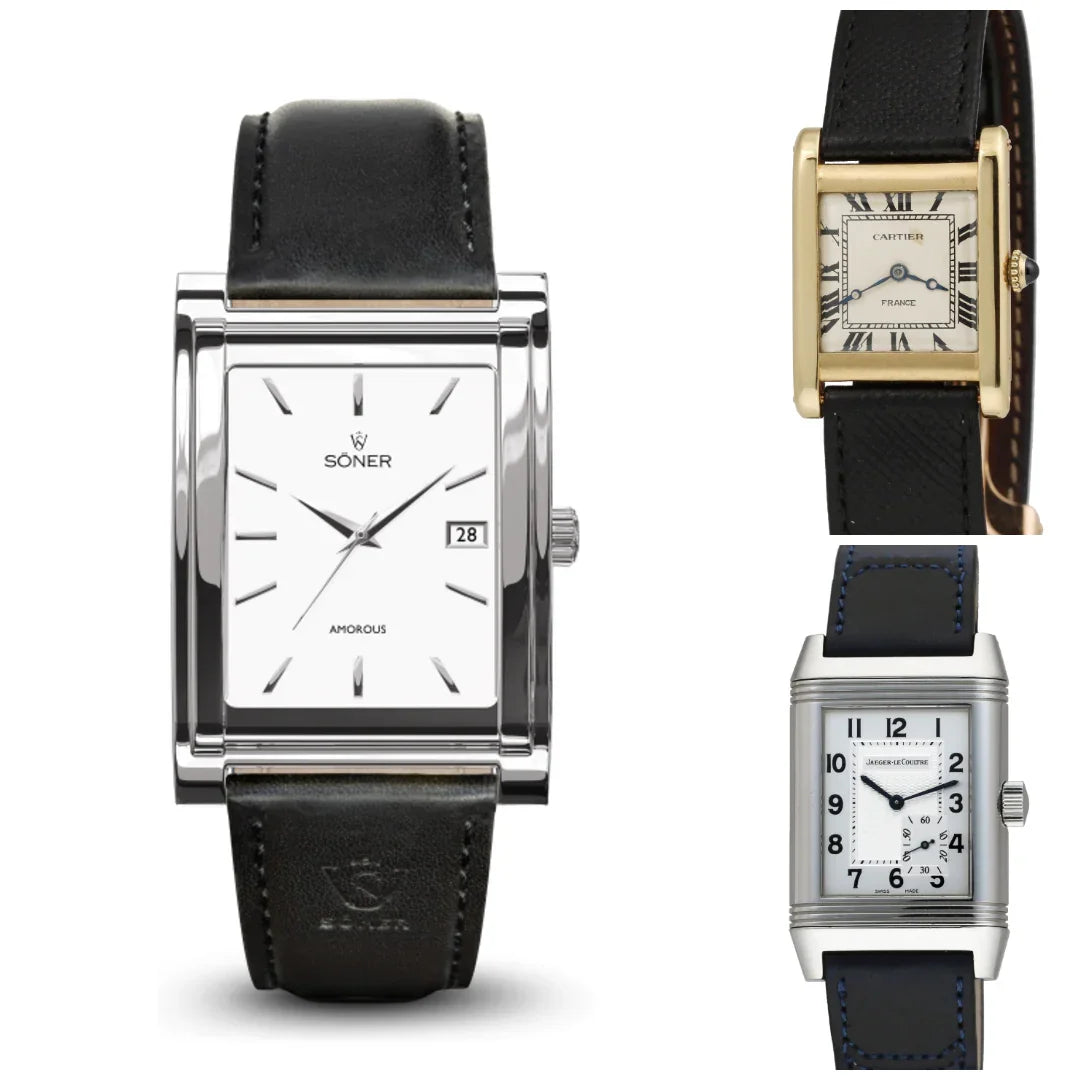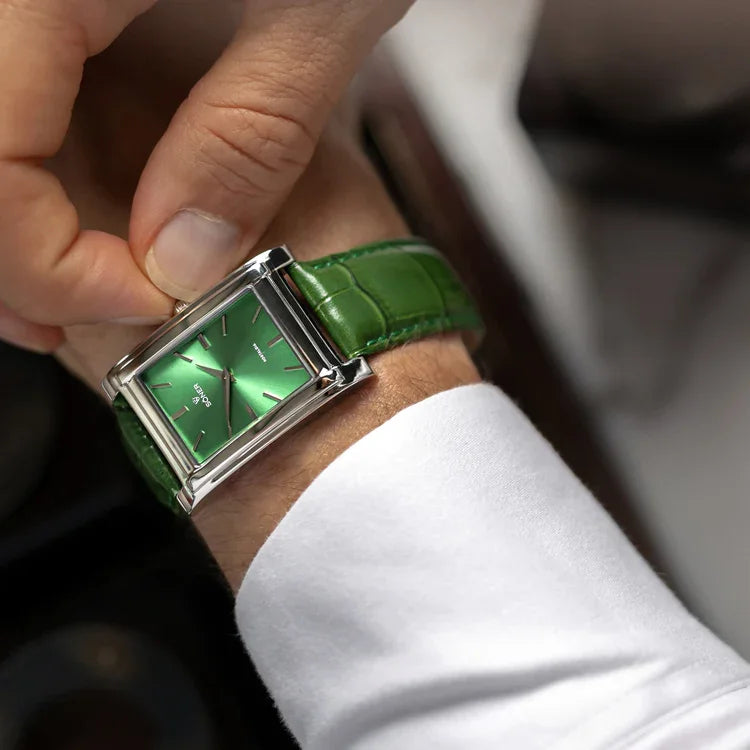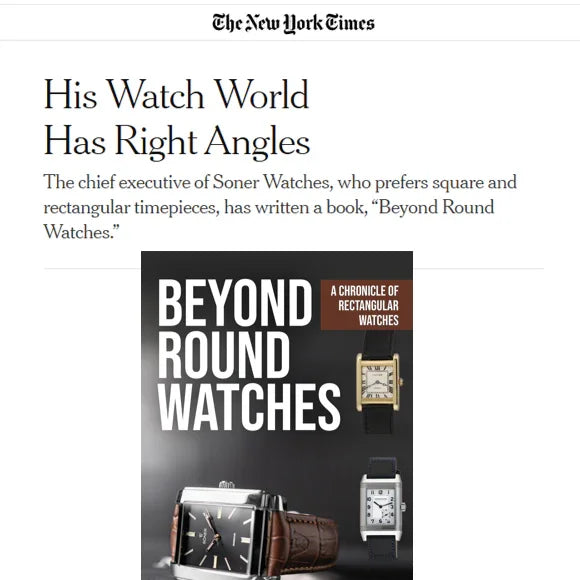Table of Contents
Downsides of Quartz Watches
Quartz watches are everywhere. In fact, over 90% of the world’s watches use quartz movement—a testament to their reliability and affordability. But no watch technology is perfect, right? So, what are the downsides of quartz watches?
Let's explore some of the limitations and why quartz may not always be the best choice for every watch enthusiast.

1. Battery Dependency
One of the biggest downsides to owning a quartz watch? It runs on a battery. While these batteries can last years, there’s always the inconvenience of having to replace them eventually. It might seem minor, but for watch purists who prefer a more traditional, mechanical approach, the reliance on a battery is a dealbreaker.
2. Less Craftsmanship
Quartz watches are often mass-produced, making them less appealing to collectors who value craftsmanship. Unlike automatic watches, which are prized for their intricate movements and hand-assembled components, quartz timepieces are seen as more "industrial." This lack of craftsmanship can reduce their emotional and monetary value over time.
If you’re looking for watches that embody precision without sacrificing craft, check out our quartz watch collection.

3. Limited Lifespan
Quartz movements, while durable, have a finite lifespan. The more advanced electronics inside can eventually degrade, causing the watch to lose accuracy or even stop working altogether. While you can replace the quartz module, it’s not as satisfying as maintaining a classic mechanical movement that, with proper care, can last a lifetime or longer.
4. Lacks the “Soul” of Mechanical Watches
This might sound subjective, but many watch aficionados argue that quartz watches lack the “soul” of automatic or mechanical watches. There’s something undeniably captivating about the sweeping second hand and the ticking gears of an automatic timepiece. With a quartz watch, you get accuracy, but some believe you lose the romance of traditional watchmaking.
5. Value Retention
Quartz watches, even those from well-known brands, generally don’t hold their value as well as mechanical watches. Collectors are more likely to invest in automatic or hand-wound watches because of their craftsmanship and limited production runs. Quartz watches are typically mass-produced and aren’t sought after in the same way, meaning they depreciate faster over time.

6. Less Customization
Most quartz watches lack the customization options you’ll find in mechanical timepieces. Whether it’s the display, complications (such as chronographs or moon phases), or overall aesthetic, quartz watches are often more utilitarian. They get the job done, but if you're looking for unique features or classic designs, they might fall short.
Want to learn more about what quartz watches offer? Explore our diverse range of quartz watches here.
7. Trends in Watchmaking
Recently, we’ve seen a growing trend of younger consumers leaning toward automatic watches despite quartz's convenience. The resurgence of vintage-styled timepieces has brought mechanical watches back into the spotlight. Enthusiasts want a watch that’s more than a time-telling tool—it’s an experience, a connection to the past, and a piece of art.
However, quartz watches still hold a significant place in the industry, particularly for those who prioritize precision and low maintenance. To discover more about how quartz watches continue to evolve, check out our collection here.

Conclusion
While quartz watches offer impressive precision and convenience, they come with some trade-offs. From battery dependency to less perceived craftsmanship, there are several factors that might make you think twice. But for many, the simplicity and affordability of quartz are perfect for everyday wear.
In the end, it’s about what you value most in a timepiece. If quartz sounds like your style, explore more in our quartz watch collection!

